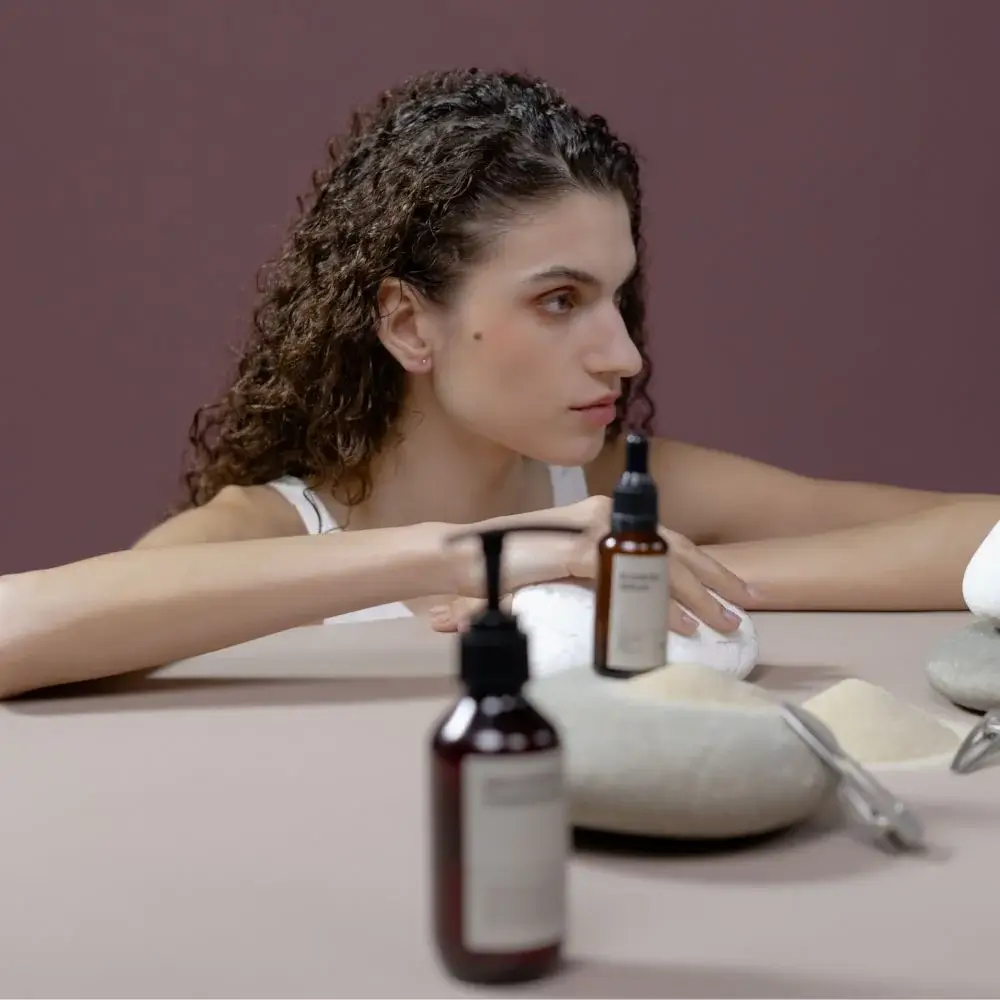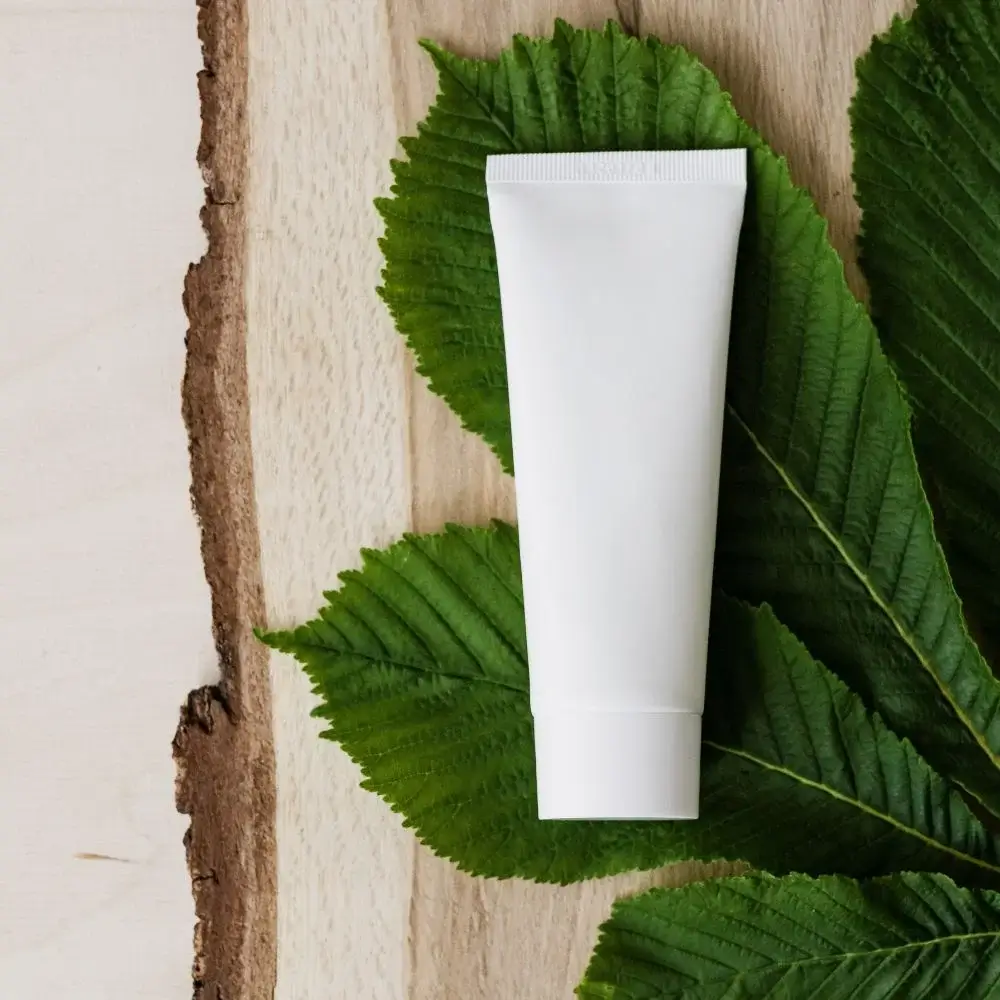Every person wants to maintain healthy and damage-free hair. Unfortunately, breakage and hair damage are common problems that many people face. You might use the best hair care products but still have unhealthy hair. Your shampooing habits could be the culprit that you should look into. How often should you use shampoo for breakage? This is the question we attempt to answer in this blog post.
Breakage can be caused by various reasons, such as dryness, over-processing, or excessive heat styling. The good news is that several shampoos and hair treatments can help curb breakage. One thing you need to understand is that washing your hair frequently can cause damage to your hair. If you wash your hair every day or too often, it can strip your hair of its natural oils, leading to dry and brittle hair within no time. Your hair becomes prone to breakage and split ends. Therefore, you should avoid washing your hair daily.
So, how often should you use a shampoo for breakage? The frequency of shampooing your hair depends on your lifestyle and hair type. You may not need to shampoo your hair often if you have curly, kinky, or coily hair. Curly hair tends to be dry because the natural sebum takes a long to travel down the hair shaft. You can, however, still use a sulfate-free shampoo once every two weeks or a cowash to keep your scalp clean.
You should shampoo your hair more often if you have oily hair. Daily or alternate-day shampooing can be a good idea to cleanse your scalp. However, make sure to use a mild shampoo that’s gentle on your scalp and hair. Clarifying shampoo may also be helpful in removing product buildup from your hair.
Besides your hair type, your lifestyle also determines how often you should shampoo your hair. If you work out often, you should shampoo your hair more frequently. Sweat and dirt from your workout can clog your scalp pores, leading to breakouts and hair fall. However, avoid washing your hair immediately after a workout because it weakens your hair strands.
Shampooing your hair frequently can cause breakage and damage your hair. How often you should use a shampoo for breakage depends on your hair type, lifestyle, and how exposed your hair is to dirt and sweat. If you have a curly, kinky, or coily hair type, you can wash your hair every two weeks or use co-wash. If you have oily hair or work out frequently, you may need to shampoo your hair more often. Always remember to use a mild shampoo that’s gentle on your hair and scalp, and avoid washing your hair too frequently.
As beauty lovers, we understand the importance of finding a shampoo that not only cleanses your hair but also nourishes it. After extensive research, our team of beauty editors has found the best shampoo for breakage that will leave your locks stronger and healthier than ever before. Don't settle for a shampoo that cleanses your hair; upgrade to the best shampoo for breakage, and start loving your locks again. By clicking on the link, you'll discover your next favorite shampoo, guaranteed to become a staple in your beauty routine. Say goodbye to breakage and hello to healthy, luscious hair.
What are the benefits of using a sulfate-free shampoo for breakage?
Using a sulfate-free shampoo can be beneficial for preventing hair breakage. Sulfates are harsh detergents that can strip the hair of its natural oils, leaving it dry and brittle. On the other hand, sulfate-free shampoos are gentler and help retain the hair's moisture, reducing breakage. These shampoos also minimize scalp irritation and are suitable for sensitive skin or color-treated hair. By opting for a sulfate-free shampoo, you can promote healthier, stronger hair and minimize the risk of breakage.

What is the role of moisture in preventing hair breakage?
Moisture plays a crucial role in preventing hair breakage. When the hair lacks moisture, it becomes dry, brittle, and prone to breakage. Adequate moisture helps to maintain the hair's elasticity and flexibility, making it less likely to snap or split. Proper hydration also improves the overall health of the hair, preventing issues like split ends and frizz. To ensure optimal moisture levels, use moisturizing hair products, avoid over-washing or excessive heat styling, and consider incorporating deep conditioning treatments into your hair care routine.

What is the impact of heat styling on hair breakage?
Heat styling can significantly contribute to hair breakage. Excessive exposure to heat from styling tools like flat irons, curling irons, and blow dryers can weaken the hair shaft, leading to breakage. High temperatures can deplete the hair's moisture, causing it to become brittle and prone to snapping. Frequent heat styling can damage the hair's protein structure, further exacerbating breakage. To minimize the impact of heat styling, use heat protectant products, reduce the frequency of heat tool usage, and opt for lower heat settings whenever possible.

How do I properly shampoo my hair to minimize breakage?
Properly shampooing your hair can help minimize breakage. Start by wetting your hair with warm water and applying a small amount of shampoo to your palms. Gently massage the shampoo into your scalp, focusing on the roots, and avoid rubbing vigorously, as this can lead to tangles and breakage. Rinse thoroughly to ensure all product residue is removed. Choosing a shampoo that suits your hair type and needs, such as a moisturizing or strengthening formula, is essential. Besides, consider using a wide-toothed comb or your fingers to detangle wet hair, as this can reduce breakage caused by brushing.

How does the pH level of a shampoo affect hair breakage?
The pH level of a shampoo can have an impact on hair breakage. The hair's natural pH is slightly acidic, typically between 4.5 and 5.5. Shampoos with a similar pH level help to maintain the hair's acid mantle, a protective barrier that keeps the cuticle layer smooth and intact. When the hair's pH is disrupted, such as using a high-pH shampoo, the cuticle layer can become raised and more prone to damage and breakage. Choosing a shampoo with a pH close to the hair's natural acidity can help minimize breakage and promote overall hair health.
Should I seek medical advice if I experience excessive hair breakage?
If you are experiencing excessive hair breakage, seek medical advice. While some hair breakage is normal, excessive or sudden breakage could indicate an underlying issue. Factors such as nutritional deficiencies, hormonal imbalances, scalp conditions, or certain medical conditions can increase hair breakage. A healthcare professional, such as a dermatologist or trichologist, can help determine the cause of your hair breakage and recommend appropriate treatment options. It's important not to self-diagnose and seek expert advice to address any underlying concerns.







